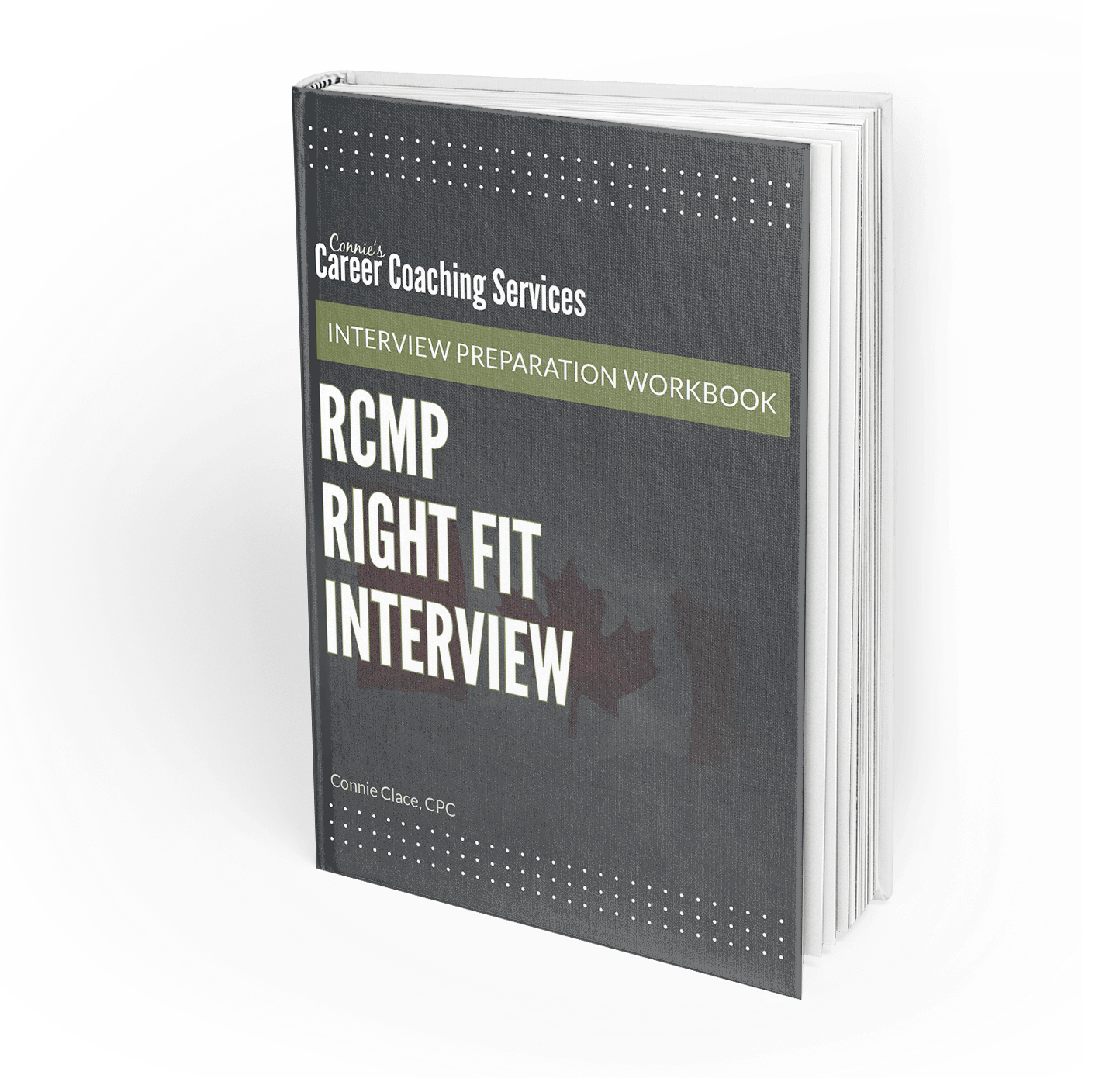RCMP RMSI – The Situational Questions. This is the part of the Regular Member Selection Interview for which you are now preparing. How do you approach the answers? How do you prepare and practice for questions when you have no idea what the questions will be? This portion of the interview can be quite difficult, but if you know how to formulate your responses, it will be much easier.
A*R*C
The first thing you have to understand is how to respond using the A*R*C principle. What does A*R*C stand for?
Action * Reasoning * Considerations
When you are asked a Situational, or hypothetical question, the interviewer is looking for you to explain what actions you would take, the reasons why you would do that action, and what factors you took into consideration when deciding your action.
I would like to break each of these sections down in a series of posts. We will look at each of the three parts and describe exactly how to approach them using a very simple hypothetical situation.
“While on your way to work, your car breaks down which results in you being late for an important business meeting. What will you do?”
Today’s post will focus on Action. This is where you will explain what you would do if you found yourself in that situation. Quickly think about all of your options, and make a decision about what you would do. Focus on the overriding action and then lay out the steps that you would take to accomplish that action.
So let’s look at some of the things that you could do. Of course, one option is to do nothing. You could sit there and wait for someone to come along and ask you if you need some assistance. Is this the best thing you could do? Although it is an option, it’s probably not your best choice.
Another option would be to call a tow truck, go to the service station with him and then arrive at work when the car is fixed. Is this a good option? Again, it could be one of the things you do, but should it be the only thing? Probably not. If you only do this, you won’t be letting anyone know that you are going to be late.
I always suggest that the best way to approach the action portion of these types of questions is to think of your action as an overriding statement, i.e. “I am going to deal with this situation”, and then think about all of the steps that you will need to take to fully address the problem.
Here is how your response might look:
- Contact my supervisor and explain the situation to him.
- Check my calender to see what my availability is to reschedule my appointment.
- Contact my client and explain the situation and offer him alternative solutions.
- Call a tow truck and have my vehicle towed to a service station and make arrangements to get to work.
These are some of the steps that you could take to deal with the situation in which you find yourself. What actions did you consider? Were they all the same? Probably not. And that’s the tricky part of these types of questions. There is no wrong or right answer. But there are definitely better answers than others.
Practice, Practice, Practice
Practice making up your own hypothetical situations and think about all of the steps that you would take to resolve or address the problem. The more you practice laying out multiple steps, the easier it will become for you. And if you need help, reach out to someone who has been through this type of interview, or reach out to an experienced Certified Professional Career Coach who has expertise in this area.
Do you know someone who is faced with this challenge? Feel free to share this post by using the share links at the top of this page. Also, if you’d like more interview tips, feel free to check out the interview resource page.


Thank you so much Connie! I just landed on your posts last week, I’ve been using it as a reference to prepare for my RMSI ever since, looking forward to see the next parts!
Ken F.